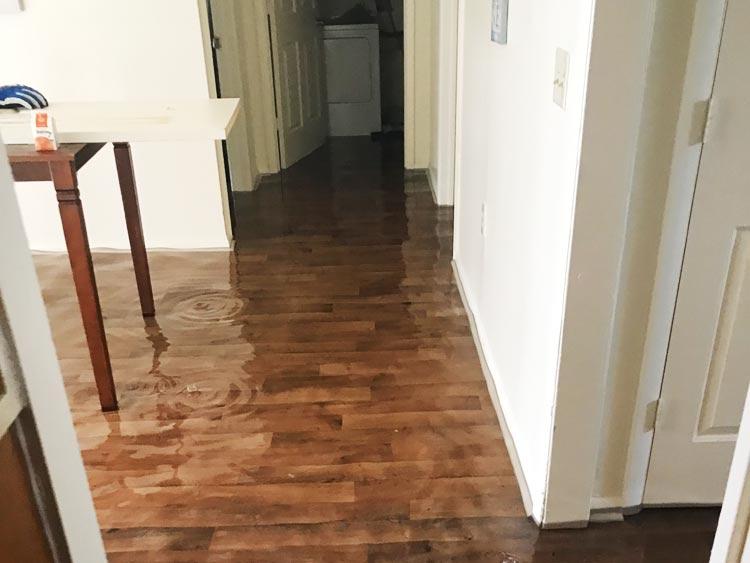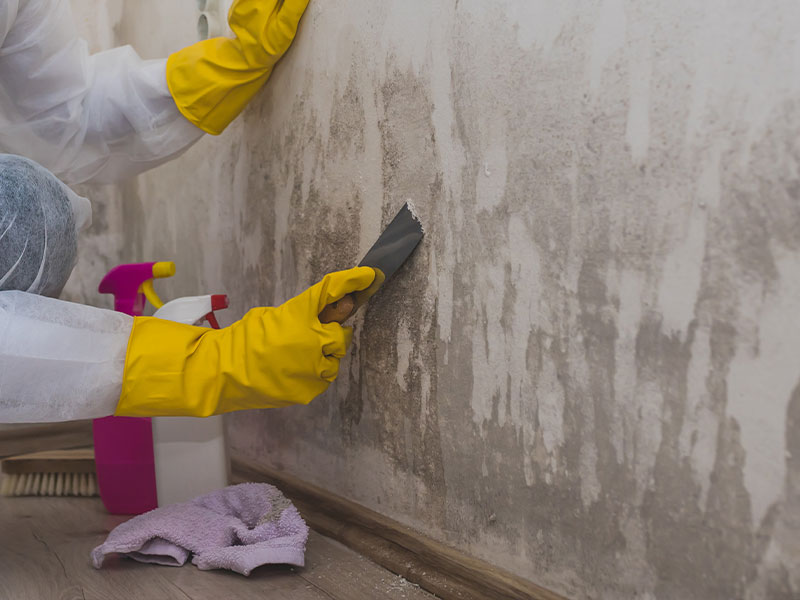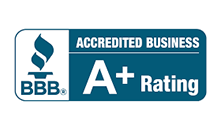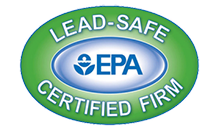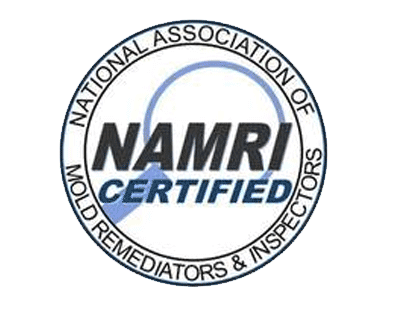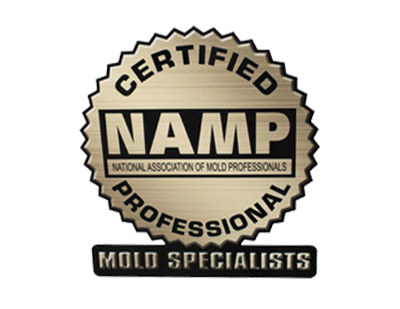Water damage can be devastating and costly, causing long-term damage to your home. As a homeowner, it’s essential to take proactive measures to prevent water damage before it happens. By following these essential water damage prevention tips, you can safeguard your home and prevent costly repairs in the future.
Key Takeaways:
- Regularly inspect your roof for any signs of wear and tear
- Maintain your plumbing system and repair any leaks or drips immediately
- Consider installing a sump pump and regularly test it to ensure it’s in proper working condition
- Waterproof your basement to prevent moisture buildup and potential flooding
- Maintain proper grading and landscaping to ensure proper drainage away from your home
Inspect Your Roof Regularly
Regular roof inspections are crucial for preventing water damage in your home. Your roof is your home’s first line of defense against the elements, and it is essential to ensure that it is in good condition at all times. Inspect your roof at least twice a year, once in the spring and once in the fall, to identify any issues before they become costly problems.
To inspect your roof, start by checking for any missing or damaged shingles. Look for signs of wear and tear, such as cracks or curling. These are indications that your roof is nearing the end of its lifespan and may need to be replaced soon.
While inspecting your roof, also check for leaks or signs of water damage. Look for water stains on the ceiling or walls, which can indicate that water is entering your home from your roof. If you notice any of these signs, it is essential to address the issue right away and call a professional to make necessary repairs.
| Hazard | Warning Signs |
|---|---|
| Missing or Damaged Shingles | Visible damage, curling, or cracks |
| Leaks or Water Damage | Water stains on ceiling or walls |
Ensure that your gutters and downspouts are clear of debris and functioning properly to divert water away from your home. Clogged gutters can cause water to overflow, leading to water damage to the foundation and the walls of your home.
The cost of repairing water damage caused by a faulty roof can be significant. By inspecting your roof regularly, you can prevent costly repairs and protect your home from water damage.
Maintain Your Plumbing System
Proper plumbing maintenance is essential for preventing water damage in your home. Inspect pipes regularly to check for any leaks, drips, or signs of corrosion. Leaky pipes can lead to significant water damage if left unattended, causing mold and structural damage to your home.
To prevent frozen pipes during colder months, consider insulating exposed pipes. Insulation can help maintain proper temperatures and prevent pipes from bursting. Inspect your water heater regularly and replace it every 10 years to avoid any malfunctions that might cause water leaks.
If you are unsure about how to inspect and maintain your plumbing system, consider hiring a professional. A licensed plumber can provide valuable insights into the state of your plumbing system and identify any potential issues before they turn into costly repairs.
Remember that prevention is always better than cure when it comes to water damage. By maintaining your plumbing system, you can help prevent any significant water damage to your home, saving you from the financial and emotional stress of dealing with extensive repairs.
Install and Maintain a Sump Pump to Prevent Water Damage
If your home has a basement or crawl space, installing and maintaining a sump pump is an effective way to prevent water damage caused by flooding or excessive groundwater. A sump pump works by collecting water in a pit and pumping it away from your home.
Installing a sump pump requires some plumbing work and electrical wiring. If you’re not comfortable doing it yourself, consider hiring a professional plumber or contractor.
When choosing a sump pump, look for one with a backup battery in case of power outages, and ensure that it has a proper float switch to turn on the pump when the water level rises in the pit.
Once you’ve installed a sump pump, it’s important to maintain it regularly to ensure that it works properly when you need it most. Here are some maintenance tips:
- Test your sump pump regularly by pouring water into the pit and making sure it turns on and pumps the water away from your home.
- Clean any debris from the pit to prevent clogging.
- Check the float switch to ensure that it’s working correctly.
- Consider installing a water alarm to alert you if the sump pump fails or there’s a power outage.
By following these tips, you can prevent water damage and protect your home and belongings. Don’t wait until it’s too late – install and maintain a sump pump today.
Waterproof Your Basement to Prevent Costly Water Damage
If you have a basement in your home, it’s essential to take measures to prevent water damage caused by flooding or moisture buildup. Waterproofing your basement is a smart investment that can save you from costly repairs and protect your belongings.
The first step in basement waterproofing is to identify any existing water issues. Check for signs of water damage, such as musty odors, damp walls or floors, or water stains. These may indicate a leak in your foundation or plumbing system.
Once you have identified any existing issues, it’s time to take preventative measures. Consider applying a waterproofing sealant to your basement walls to prevent moisture from seeping in. You can also install a drainage system, such as a French drain, to divert water away from your home.
A well-ventilated basement is also important, as it can help prevent moisture buildup and mold growth. Make sure your basement has proper ventilation, such as windows or an air exchange system.
| Tip: | If you are unsure about how to waterproof your basement, consider hiring a professional waterproofing contractor. They can assess your basement’s needs and recommend the best solutions for your home. |
|---|
By waterproofing your basement, you can prevent water damage, protect your home, and enjoy peace of mind. Don’t wait until it’s too late – take action now to safeguard your home and belongings.
Maintain Proper Grading and Landscaping
Proper grading and landscaping can play a significant role in preventing water damage to your home.
When it comes to grading, the slope around your home should always be away from the foundation. This will ensure that water does not pool near the foundation and seep into your basement or crawl space.
Landscaping can also impact the way water flows around your home. Avoid planting trees or shrubs with extensive root systems too close to your foundation, as their roots can cause damage to your plumbing system and interfere with proper drainage. Additionally, ensure that your gutters, downspouts, and other drainage systems are always clear and functional.
Proper Grading Tips
| Action | Benefits |
|---|---|
| Slope the soil around your house away from the foundation | Prevents water from pooling and seeping into your home |
| Grade soil at least 6 inches in 10 feet | Helps to ensure that water flows away from the foundation |
| Use a mix of loam and sand for proper drainage | Allows for proper water penetration and drainage |
Landscaping Tips
- Plant trees and shrubs away from the foundation
- Choose plants that require less water
- Use gravel instead of mulch around the foundation to promote drainage
- Regularly maintain gutters, downspouts, and drainage systems
By properly maintaining the grading and landscaping around your home, you can prevent water damage and ensure that your home remains safe and secure.
Be Mindful of Appliance and Plumbing Failures
Regular maintenance of your appliances and plumbing system can go a long way in preventing water damage in your home. It’s important to check your appliances, such as washing machines, dishwashers, and water heaters, for any signs of leaks or malfunctions. Some of the warning signs to look out for include:
- Dripping faucets
- Leaking pipes
- Discolored water
- Strange noises
- Low water pressure
If you notice any of these signs or suspect a plumbing failure, it’s crucial to address the issue immediately to prevent extensive damage. Consider installing water leak detection devices or shut-off valves to stop any leaks or malfunctions in their tracks.
| Appliance Maintenance Tips | Plumbing Failure Prevention Tips |
|---|---|
| Regularly clean and inspect appliances for any signs of leaks or malfunctions. | Inspect pipes for leaks, drips, or signs of corrosion. Repair any issues immediately. |
| Replace any worn-out hoses or connectors. | Consider insulating exposed pipes to prevent freezing during colder months. |
| Follow the manufacturer’s instructions for proper use and maintenance. | Install a pressure regulator to prevent burst pipes due to high water pressure. |
Prevention is key when it comes to avoiding water damage caused by appliance and plumbing failures. By being proactive and taking the necessary steps to maintain your appliances and plumbing system, you can save yourself from the headache and expense of dealing with water damage.
Conclusion
By following these essential water damage prevention tips, you can protect your home from costly repairs and maintain its value. Remember to regularly inspect your roof to prevent any water damage caused by leaks or wear and tear. Properly maintaining your plumbing system can also prevent water damage, so be sure to inspect pipes for any leaks and repair them immediately. Installing and maintaining a sump pump in your home can help prevent water damage caused by flooding or excessive groundwater. Consider waterproofing your basement and ensuring proper grading and landscaping to prevent water from pooling near your house.
Finally, be mindful of appliance and plumbing failures and regularly inspect them for any leaks or malfunctions. By taking these proactive measures, you can save yourself from the stress and financial burden of dealing with water damage in the future. Protect your home and keep it safe from water damage with these essential tips.
FAQ
What are some essential water damage prevention tips for homeowners?
Implementing regular roof inspections, maintaining the plumbing system, installing and maintaining a sump pump, waterproofing the basement, maintaining proper grading and landscaping, and being mindful of appliance and plumbing failures can help prevent water damage in your home.
Why is it important to inspect your roof regularly?
Regular roof inspections are crucial in preventing water damage. Checking for missing or damaged shingles, leaks, or signs of wear and tear helps identify potential issues early on. Clearing gutters and downspouts from debris and ensuring proper functioning diverts water away from your home.
How can I maintain my plumbing system to prevent water damage?
Properly maintaining your plumbing system involves inspecting pipes for leaks, drips, or signs of corrosion. Repairing any issues immediately and considering insulating exposed pipes can prevent freezing during colder months and subsequent water damage.
Why should I install and maintain a sump pump?
Installing a sump pump in your basement or crawl space can prevent water damage caused by flooding or excessive groundwater. Regularly testing the pump and clearing any debris from the pit ensures its proper functioning.
How can I waterproof my basement?
Basement waterproofing is an effective measure to prevent water damage. Applying waterproofing sealants to walls, installing a drainage system, and maintaining proper ventilation help prevent moisture buildup and subsequent damage.
What should I do to maintain proper grading and landscaping?
Ensure that the grading around your home slopes away from the foundation to prevent water from pooling near your house. Regularly maintain gutters, downspouts, and drainage systems to ensure they are functioning correctly and not obstructed by landscaping features.
How can I be mindful of appliance and plumbing failures to prevent water damage?
Regularly inspecting appliances such as washing machines, dishwashers, and water heaters for leaks or malfunctions is key. Installing water leak detection devices or shut-off valves can provide an added layer of protection in case of plumbing failure.







